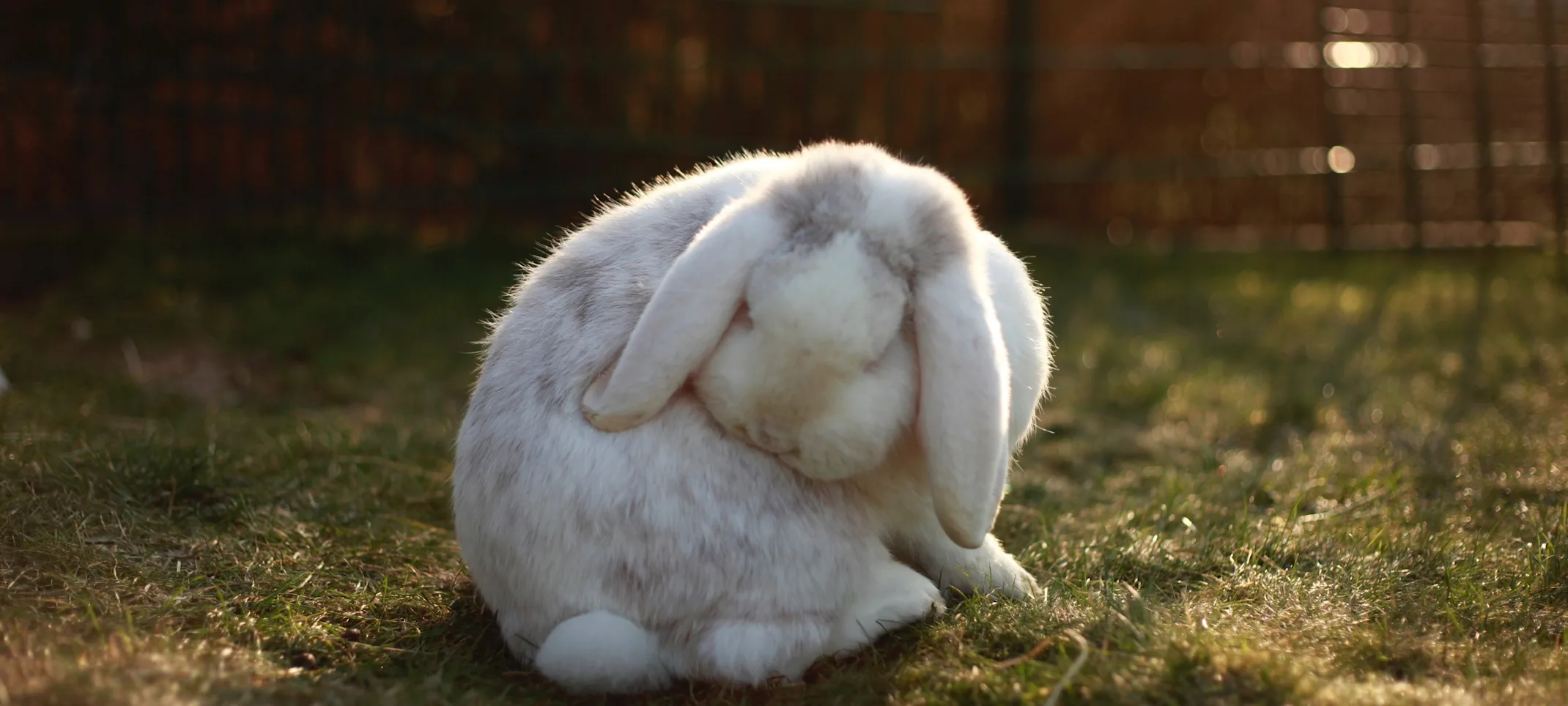Center for Bird and Exotic Animal Medicine
Dentistry
Many health problems start in the mouth. Plaque, tartar, periodontal disease, and overgrown or infected teeth serve as a source of inflammation and infection for the rest of the body. Dental disease is also a source of pain.

Our dental services at The Center for Bird and Exotic Animal Medicine include dental trims (for rabbits and rodents), teeth cleaning and polishing, tooth extractions, and oral surgery. We utilize digital skull radiography as well as digital dental radiography to look for hidden problems that we can address before they are visible during an oral examination, as well as endoscopy when indicated. We have specially designed dental equipment to surgically treat malocclusion as well as impacted and abscessed teeth. We believe in keeping your pet as pain free as possible while in our care. We monitor our patients closely to determine whether they are experiencing any discomfort, and use pain medication in all dental procedures.
Regular professional dental evaluation is important to maintaining your pet's health at any age. Depending on your pet’s species (ferrets, hedgehogs, exotic cats, miniature pigs, some reptiles, etc.), dental cleanings should be performed on a routine basis. These procedures must be done under general anesthesia in order to properly and safely examine and clean the teeth. We use modern and safe ultrasonic dental cleaning equipment. Each tooth is thoroughly cleaned above and below the gum line, and the teeth are polished afterwards to create a smooth, lustrous surface more resistant to plaque buildup.
After the teeth are cleaned and polished, your veterinarian will perform a thorough oral exam and check each tooth for any signs of dental disease (gum loss, root exposure, pockets around the root). Extensive dental disease requires the tooth to be removed (extracted). Many teeth require oral surgery to safely remove each individual root. We have extensive training and experience to perform these procedures properly. We always use pain medication for every dental procedure to minimize patient discomfort and speed recoveries.
Other exotic pets (such as rabbits and rodents) have teeth that grow continuously throughout their lives. If they develop dental disease, they may require routine dental trims to help keep them comfortable and allow normal eating habits. Dental exams should be performed at least every 6 months in these species to maximize our ability to treat their issues on a preventative medicine basis.
Some of our patients, such as birds, do not have teeth. They use their beaks for picking up and chewing food. Beak malocclusions or injuries may require specialized medical or surgical therapy to allow your bird to eat normally.
Please talk to your veterinarian about ways to maximize your pet’s dental and oral health at home.
